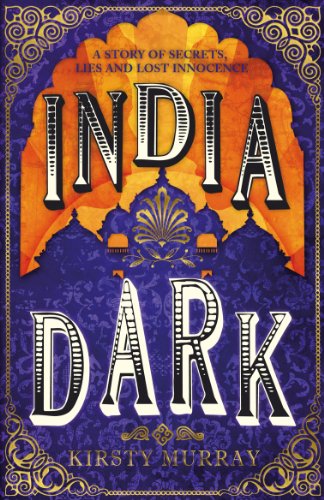India Dark
Melbourne, Australia, 1909. Thirteen-year-old Poesy Swift’s father has died and the family is on the breadline. She has two options: a job in a dangerous match factory or joining the Lilliputian Opera Company, a children’s travelling troupe about to tour America, or so she thinks. Poesy has always longed to join the theatre so, encouraged by her more worldly-wise friend, the 15-year-old Tilly Sweetrick, she joins the company.
However, things are not as rosy as they seem. The manager, Mr Percival, is strapped for cash, and their incompetent female chaperone is inadequate for the job. Things begin to disintegrate.
Far from touring America, the children find themselves in increasingly squalid lodgings, first in the East Indies and then in India. Accusations of cruelty and hints of sexual abuse against Mr Percival are whipped up by Tilly and some of her friends and, unwillingly and unwittingly, Poesy is drawn in.
What Kirsty Murray is extraordinarily good at is Poesy’s emotional journey from innocence to knowledge. Like William Golding’s Lord of the Flies, she illuminates the consequences of young adolescents being left to fend for themselves. Truth, empathy and reason swiftly get lost. Poesy struggles to hold onto the truth in a world where adults are exploitative and where she only half-understands the emotional currents swirling around her.
India Dark is based on a true story and the period is brilliantly captured. There are dangerous undercurrents as India kicks against the British Raj – but Poesy fails to see them. Nor does she realize that Mr Percival is having an affair with one of the girls. When, two years later, she is finally reunited with her family, she has eaten the bitter fruit of the tree of knowledge and weeps ‘for a childhood lost to me too soon’. Recommended for girls of 12+.










